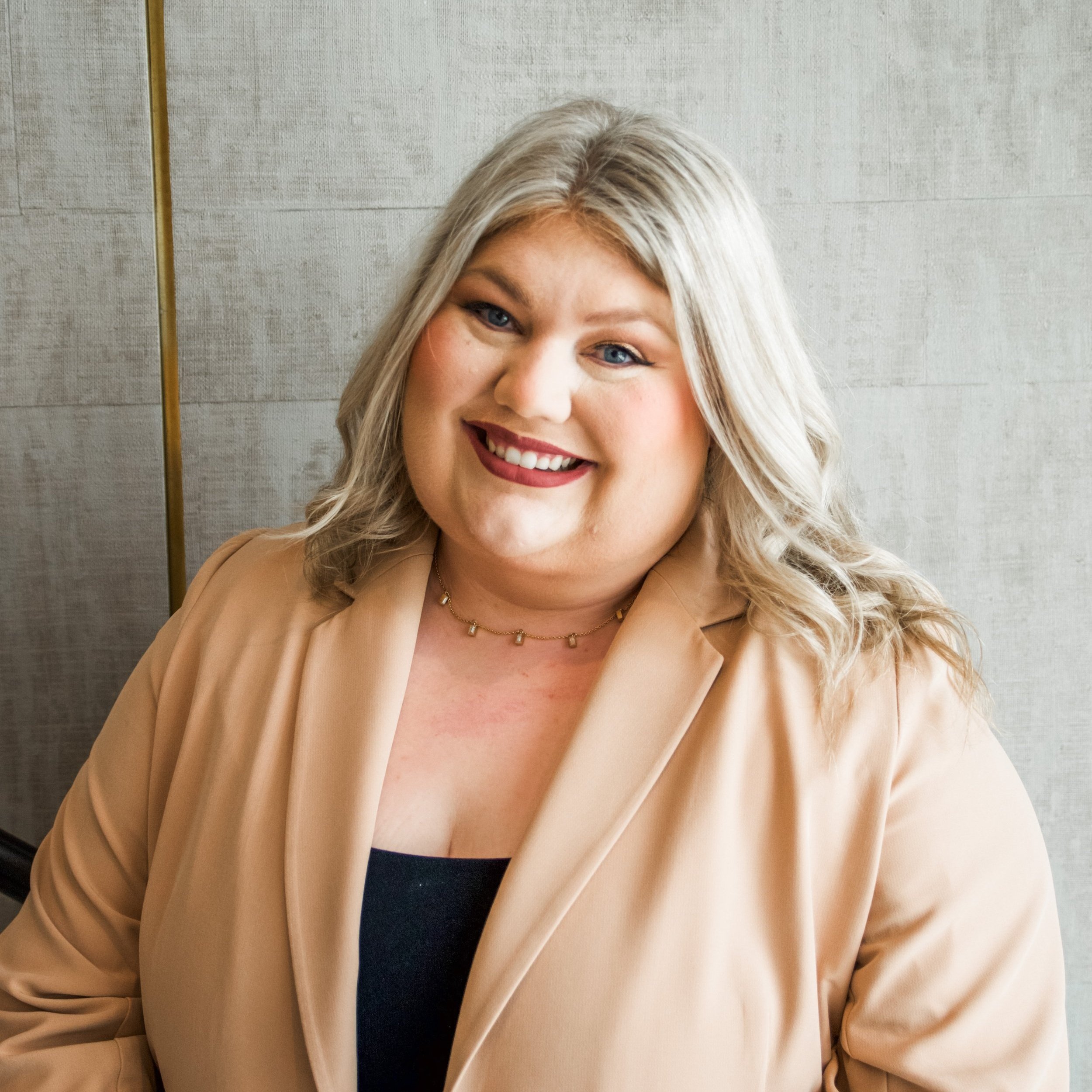
DR MARIANNE MILLER
CARING EATING DISORDER TREATMENT IN SAN DIEGO AND THROUGHOUT CALIFORNIA, TEXAS, AND WASHINGTON D.C. FOR ADULTS & TEENS

Meet San Diego Eating Disorder Therapist Emily Andersen, LMFT: A Weight-Neutral, Non-Diet Clinician
Hi everyone! I’d like you to meet Emily Andersen, LMFT. She is an eating disorder therapist in San Diego, California, in the United States. Emily embraces the Health at Every Size approach and tailors her treatment uniquely to each client. She works virtually via telehealth with adults throughout California. Enjoy getting to know her.

Addressing Triggers and Cravings During a Binge Eating Program: 5 Strategies that Help With Binge Eating
Whether you live in London, Manchester, or Birmingham in the UK, or whether you live in San Diego, Houston, or Washington DC in the US, or anywhere in between, it can be so helpful to join a binge eating program that helps you reduce and eliminate binge eating episodes. Such binge eating programs also teach you to manage obsessive thoughts: Imagine what it would be like to go from thinking about food, eating, and body image 90% of the time to 10% of the time. It’s amazing! I know. I’ve lived it. I’ve also created an online, self-paced binge eating program to help you get to that place, too. Regardless of what binge eating program you join, it’s really about finding freedom with food and with your body. Throughout such binge eating programs, you still may struggle with triggers and cravings. Don’t worry—I’m here to help! Here are five strategies on what to do when such triggers and cravings come up.

How to Find the Right Binge Eating Therapist for Your Needs: 5 Ways to Get Help for Binge Eating
Finding a decent therapist is hard. Finding the right binge eating therapist in California or Texas is even more difficult. It’s partly because many eating disorder therapists don’t have much experience and training in binge eating disorder. Also, many individuals struggling with binge eating are in larger bodies, and they face judgment, stereotyping, oppression, and accessibility issues on a daily basis. Most therapists are unaware of such issues. If you grapple with binge eating, you’ve likely tried a lot of coaches, physicians, dietitians, and perhaps even eating disorder therapists who just haven’t clicked. You’ve felt misunderstood, invalidated, minimized, and ridiculed. Finding an experienced, compassionate binge eating therapist who knows the complexities of binge eating disorder is key. Here are five ways on how to do it.

Exploring Body Acceptance: Embracing Size Diversity and Body Liberation
I remember in Denver, Texas, and San Diego, when I was in the clutches of my eating disorder, the possibility of body acceptance felt like it was in a galaxy far, far away. When I finally found the right eating disorder therapist in San Diego, California, I first entered her office filled with shame about my body. I felt like a failure. I felt incompetent. I had no hope. Over time, I began learning about fat acceptance, size diversity, and body liberation. At first it confused me, as all I wanted to do was lose weight. I eventually began to understand it, and it was like a new universe had opened up to me. Here’s what I came to understand.

ARFID: How to Deal With the Mental and Physical Health Risks
Struggling with ARFID (Avoidant/Restrictive Food Intake Disorder) is no joke. I’ve been working with teens and adults for years in San Diego who have ARFID. My heart goes out to them. Whether you live in sunny San Diego or elsewhere in California, Texas, Florida, and other states or countries, having ARFID means that others misunderstand you, and medical providers frequently misdiagnose you. It’s so isolating. You may have a hard time keeping on weight. You feel uncomfortable going to restaurants and eating in front of other people. Friends and family often say to you “just eat” or ask, “Why can’t you get over it? It’s just food.” They don’t understand that food isn’t “just food” to you. It’s so much more.

An Open Letter to People Wanting to Recover in 2024: Find Freedom from ARFID, Binge Eating, Bulimia, Anorexia
To all of you who have spent years, even decades, struggling with an eating disorder, I hear you. I have experienced similar eating disorder challenges when I lived in San Diego, Denver, and Texas. I know that you want the suffering to stop.

Binge Eating and Emotional Intelligence: Enhancing Emotional Awareness in Recovery
It’s common for people who struggle with binge eating to have low emotional awareness. Whether you’re in San Diego, California, London, UK, Florida, or Texas, it’s helpful to cultivate emotional awareness, which propels binge eating disorder recovery. The thing is, emotions are hard. They can go deep and feel really overwhelming. So it’s important to learn how to identify AND manage your emotions in order to reduce and eliminate the binge eating episodes. Here are some strategies to do it.

Building Resilience: Strategies for Overcoming Setbacks in Binge Eating Recovery
Setbacks suck. Whether you’re in San Diego, California, NYC, or London, UK, it is so difficult to deal with setbacks in binge eating recovery. Picture this: You’re cruising along, and you haven’t had a binge eating episode in weeks. All of a sudden . . . WHAM . . . you have a stressful few days, and you forget to eat breakfast and even lunch, and you end up binge eating that night. Shame crashes like a wave over you. You feel physically uncomfortable. A thought keeps crossing your mind: “I’m a failure.” Guess what? The recovery journey isn’t over. You can build resilience and spring back from setbacks in binge eating recovery. Here are three tips on how to do it.

Breaking the Shame Cycle: Embracing Self-Forgiveness in Binge Eating Recovery
One common characteristic of the binge eating cycle is shame. Whether you’re in San Diego, New York, or London UK, shame is such a tough feeling to experience. When I think of shame, I think of a crippling emotion that causes you to turn inward into yourself. You want to disappear. In order to break the shame cycle in binge eating recovery in San Diego and elsewhere means that you need to embrace self-forgiveness. How? Read on to learn about three steps to get you started.
